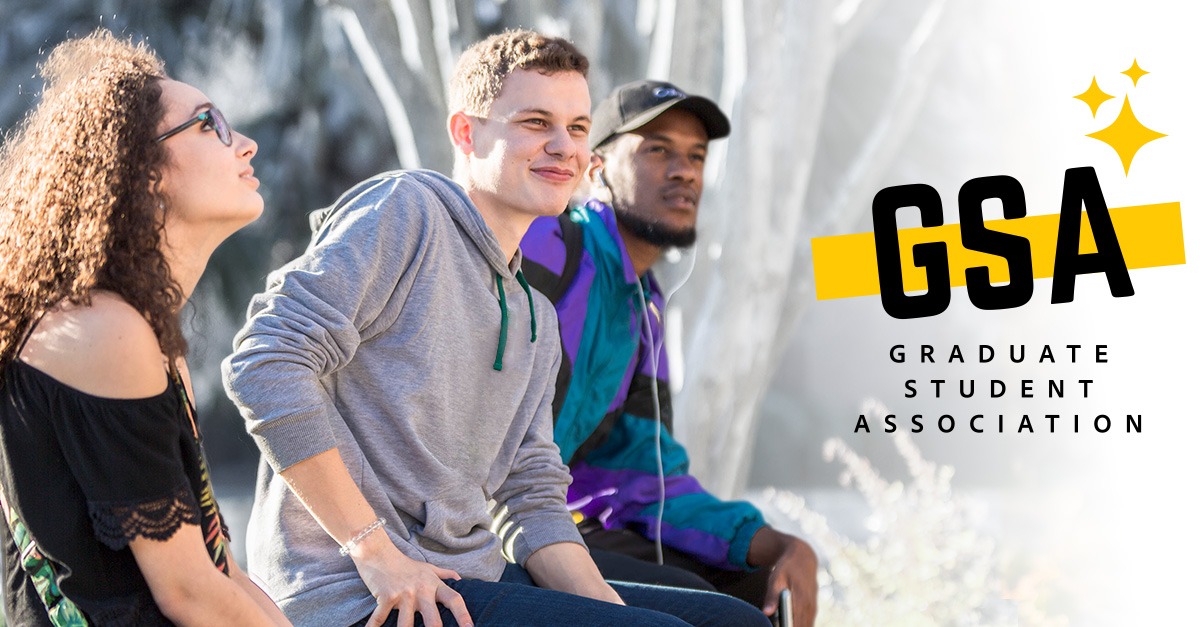UCF Counselors Offer Tips for Managing Stress During Difficult Holiday Season
Even in the best of times, the holidays can be a stressful period. The global pandemic and all the disruptions it has caused in 2020 have made it even more challenging which is why taking care of your mental health is especially important this year.
Students, even graduate students, are not immune to stress. Many are facing changes at work, in their home life, and a shift to remote learning.
“The need for social distancing has increased feelings of isolation, and due to the switch to remote learning, students are experiencing a lot of changes occurring at once,” says Rebbecca Estrada, a psychologist at UCF Counseling and Psychological Services.
CAPS offers a variety of services to help students facing mental health challenges and the university’s CARES office provides referrals to additional on-campus and off-campus resources. Although UCF shifted to remote learning after Thanksgiving and the winter break is just around the corner, students will still have access to crisis services at CAPS. Students can access the crisis line by calling CAPS and hitting “5” for the after-hour services where therapists are available. CAPS also provides TAO, a self-guided interactive, web-based program that offers assistance to help overcome anxiety, depression, and other concerns.
The services are available to all UCF students. University employees who work with students were also required to take Kognito training this year to help recognize students in distress. The Board of Governors earlier this month mandated all university employees take the training moving forward. But the first step is recognizing your stress or anxiety level and deciding to prioritize yourself.
“As graduate students, we tend to be hard on ourselves about academic productivity and it can be difficult to take a break,” says Emily Ross, a clinical psychology doctoral student. “We are also used to feeling in control of our situation. Unfortunately, there is a heightened sense of ambiguity and loss of control right now, which can be difficult to adjust to.”
Estrada offers some tips that may be especially useful during the winter break.
- Make time for yourself.
- Exercise, even if it’s just a walk around the block.
- Be aware of situations that may impact your mental health, and schedule relaxation time before and after.
- Reach out for social support.
- Sleep, getting rest is key.
For more tips access CAPS TAO self-help.
“This has been a difficult year,” Estrada says. “The pandemic changed the way we go about our daily lives. We have to be more intentional about caring for ourselves.”
Share This Article

UCF Women’s Club Honors 3 Graduate Students with Prestigious Sheila B. Somerville Scholarship
Financial support is often the cornerstone of academic success, and for many students, scholarships open the door to higher education. Beyond easing financial stress, these awards provide recognition, motivation, and a...
Latest News

Be the Voice of UCF Graduate Students
The Graduate Student Association (GSA) is looking for motivated graduate students to step into leadership and shape the graduate experience for the 2026–2027 academic year. As a GSA officer, you'll...

UCF Launches 1st Planetary and Space Sciences PhD Program in Florida
As SpaceU, UCF is pushing the boundaries of exploration by launching a groundbreaking new doctoral program in the planetary and space sciences. Now, aspiring researchers can apply to the inaugural cohort of...

UCF Fulbright Awardees Bring Their Passions to a Global Scale
Each year, the Fulbright Program offers opportunities for American students to conduct research, teach English, or pursue graduate study abroad. One of the most prestigious international exchange programs in the...

Unleash Opportunities with a UCF Graduate Degree
A graduate degree has the power to unleash opportunities by expanding careers, opening doors to new fields, and increasing lifetime earnings. According to the U.S. Bureau of Labor Statistics (2024),...